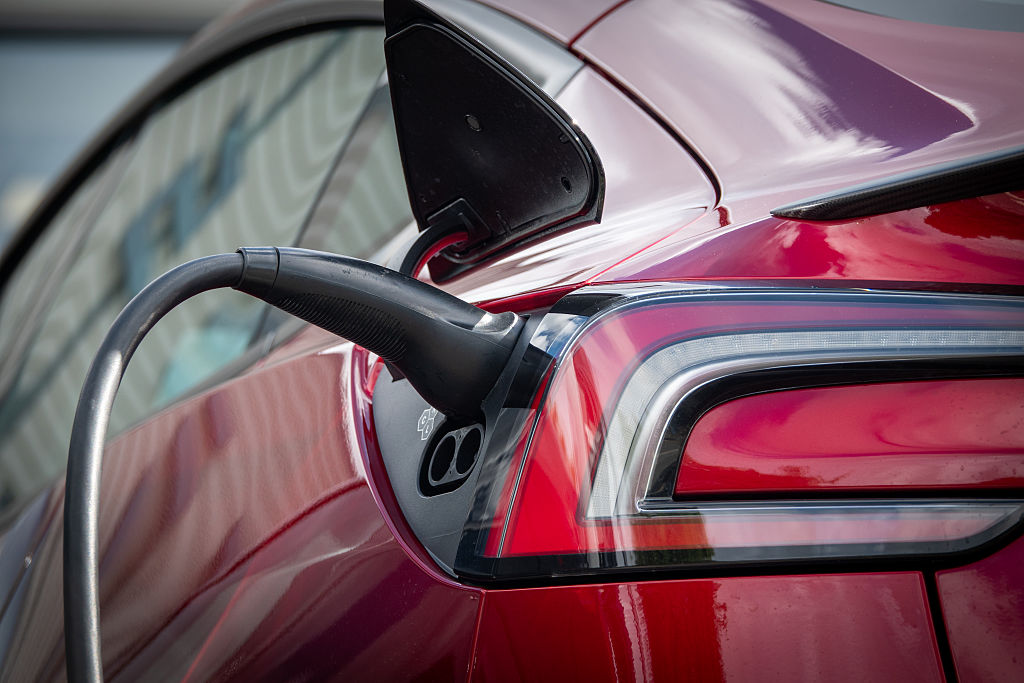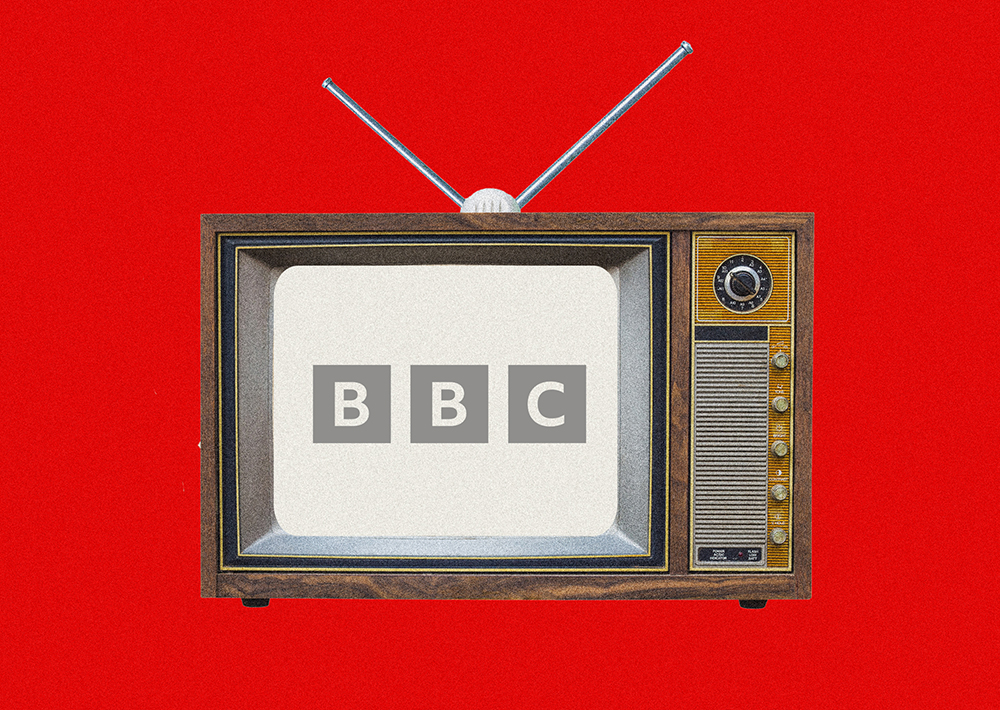Sooner or later it is going to dawn on the drivers of electric cars that they have been benefitting from a huge introductory free offer. As EVs become more commonplace, that offer is going to come to an end, and the economics of running these cars is going to look very different.
Not even the government’s green zealotry, it seems, is going to stop the Chancellor imposing a new charge of three pence per mile on electric cars – presumably charged via an annual read of the car’s odometer when it has its MOT (although it is less clear how the government will collect the money in a vehicle’s first three years of existence, when it doesn’t need to be tested).
An annual charge of three pence per mile is just the beginning
For years, EVs attracted no road tax. That changed in April this year when EVs with a list price of less than £40,000 became liable for a £10 road tax in their first year, followed by £195 per year during subsequent years. Those listed at more than £40,000 attracted higher rates, in common with petrol and diesel cars.
Did anyone really think that the government was going to sit back and watch as £24 billion worth of revenue from fuel duty and £7 billion worth of revenue from road tax vanished as electric cars took over from petrol and diesel? For years, advocates of EVs liked to boast that their cars were cheap to run (at least for motorists with the means to charge their vehicles at home) without acknowledging the vast discrepancy in tax. They didn’t seem to think it odd that they were paying next to nothing to help maintain the roads – roads on which their vehicles impose extra stress because of their heftiness.
An annual charge of three pence per mile, I guess, is just the beginning. If you drive a petrol car you are paying around three times that in tax (a gallon of petrol costs around £6, with 60 per cent of that being tax, and will carry you around 40 miles in a reasonably fuel-efficient car). EV drivers can look forward to that three pence per mile charge being steadily raised in coming years.
But why doesn’t the Chancellor take the braver step of replacing fuel duty with a pay-per-mile charge for all motorists – and one which charges us different rates for different roads and different times of day? The growth in electric cars is providing a one-off opportunity to come up with a rationalised system for road-pricing which recognises that while rural drivers and shift workers often have little choice but to travel by car, motorists who commute by car in urban areas at peak times could help lessen congestion by switching to public transport.
At the moment we have a mish-mash of congestion charges, emissions charges and road tolls, which are collected in bizarre and punitive ways. The only way that someone unfamiliar with the Dartford Crossing knows they are driving over a toll bridge, for example, is a little sign by the roadside saying ‘pay online’ – no web address or anything. If you don’t pay by the end of the day after you cross, you get fined. Road charges have become a racket to trap the unwary.
Far better that we sweep all these individual charges aside, along with fuel duty, and replace them with a unified road-charging system which sends motorists a monthly bill, based on where their vehicle has been driven and at what time. We could have, say, five classes of road, from city centre streets to rural lanes, several classes of vehicle and perhaps three periods – peak, off-peak and intermediary – which are easy to understand. Drive an SUV down the high street on a weekday and you could be clobbered; drive on country roads at night and you could expect to pay very little. The whole thing would be vastly fairer. Sadiq Khan would have his wings clipped.
Privacy campaigners would bleat that our vehicles would have to be tracked, but then they are anyway – the country is already covered with number plate recognition cameras. Moreover, they are being used to spring us with unexpected fines. If you value liberty you should surely welcome the abolition of the ad hoc tolls and charges – as well as the Robin Hood-in-reverse system when low-income owners of petrol cars subsidise Teslas for millionaires.
EVs have been getting a freebie for years. In putting that right the government has the chance to rationalise the whole system of motoring charges.








Comments